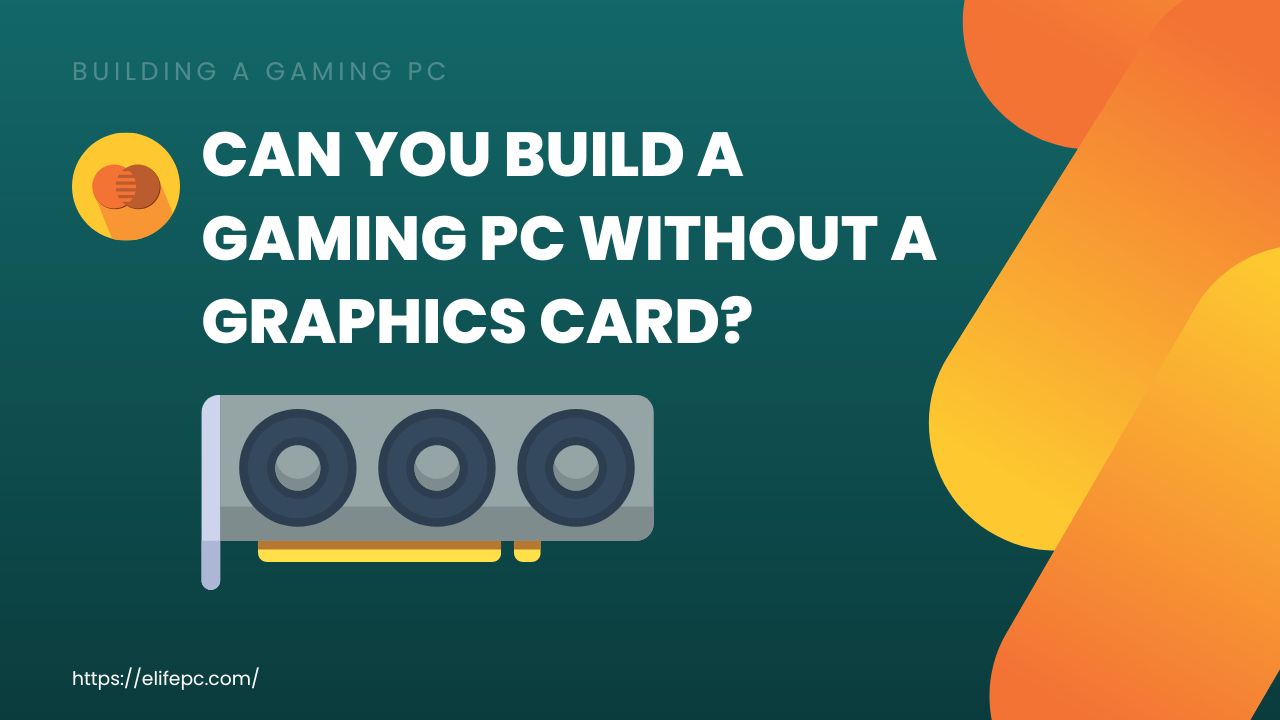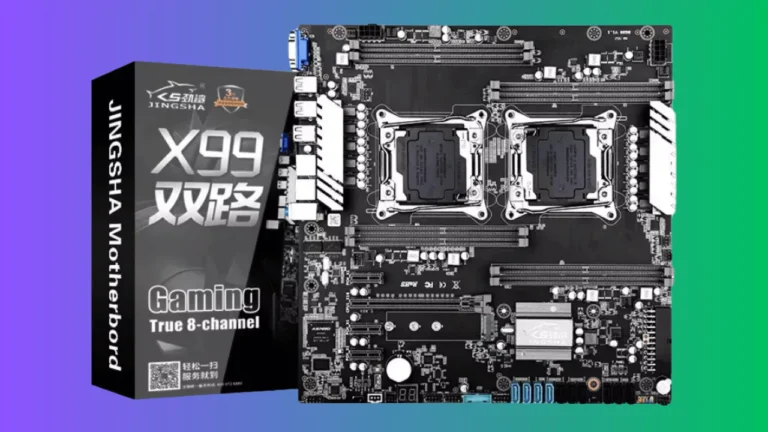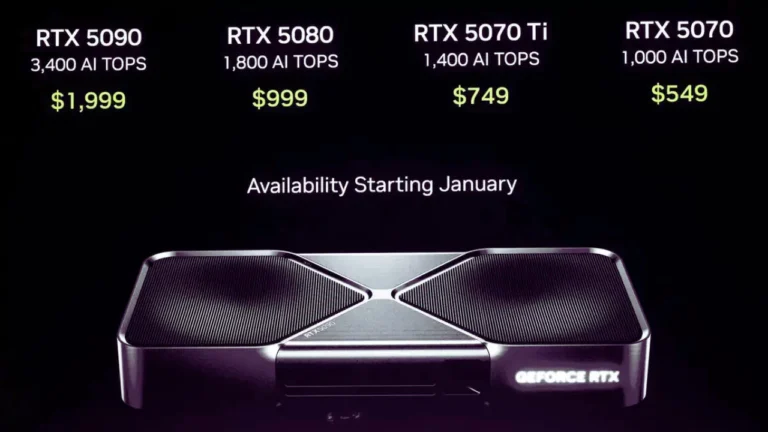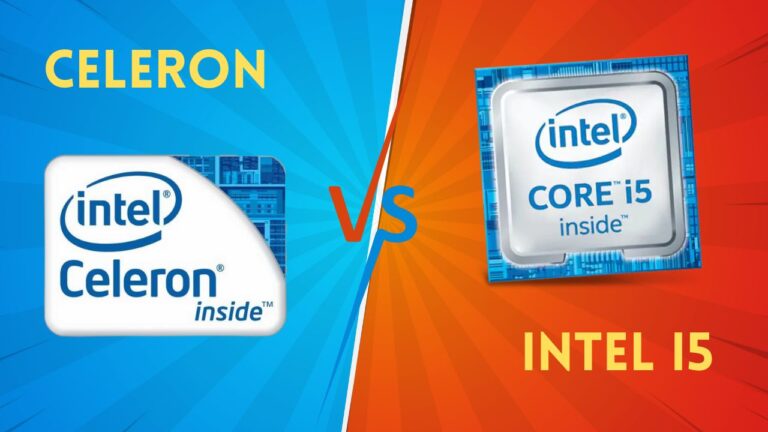The simple answer to this question is No! But if you have integrated graphics then you can still play low-end games.
Have you ever wanted to build a gaming PC, but thought to yourself, “I’d never be able to do it without a graphics card!”? Well, fear not! If you don’t have the budget for a new graphics card just yet, you can still construct an awesome gaming PC that runs with some great specs.
In this article, I will show how you can make your gaming dreams come true, even if you don’t have a graphics card.
When it comes to building a gaming PC, the graphics card is often seen as the most important piece of hardware. Without one, you can’t expect to run modern games on the highest settings imaginable. Is there a way to build a gaming PC without splurging on a top-tier graphics card?
First and foremost, it’s worth noting that if your main purpose for building a gaming PC is to play the most immersive and visually impressive games available, then you’re going to need one. Even if you opt for something more modest, such as an entry-level graphics card – they still offer significant improvements over integrated GPUs in terms of performance and visuals.
However, not everyone has their heart set on playing the latest and greatest games at 4K or ultra settings. Some might only require their rig to handle everyday titles like World of Warcraft at medium or high settings while allowing them to engage in some basic casual activities such as web browsing or video streaming. If this describes you best, then there are several viable alternatives that could suit your needs upfront.
You might opt for an Intel processor with integrated graphics, such as an i3 8th generation processor featuring Intel UHD 630 Graphics, which can offer decent overall performance and multimedia capabilities without needing an additional third-party GPU solution. Alternatively, if budget allows for it, AMD CPUs with Vega 4 graphics could be considered – producing upgradable, semi-decent 1080P visuals with improved CPU performance from their Ryzen line-up compared to their Intel counterparts.
What Do You Need to Build a Gaming PC?
As with any PC build, there are certain components that you need in order to assemble a gaming PC. The basics include a processor, memory, storage, and a display. While these components are necessary for your system to run, if you plan on gaming or doing graphics-intensive tasks, you’ll need a graphics card as well. A graphics card is responsible for rendering graphics, enabling smooth visuals, and resulting in an overall better gaming experience. In addition to the standard components listed above, the following items are also important when it comes to building a gaming PC:
- Motherboard: A motherboard acts like the skeleton of your system – it houses all other components and ensures they work together in harmony. This component is essential when deciding which type of processor and how much RAM can be installed onto your system.
- Graphics Card: This component is responsible for producing smooth visuals as it translates game data into the processed output on the display’s screen.
- Power Supply Unit (PSU): This device turns AC current into DC current through electrical conversion and regulates it to power different parts of the computer including fans, HDDs, CPUs, etc. It’s important that you check your PSU’s wattage rating before purchasing as every component requires power from this unit so it will have an effect on performance if not sufficient for needs.
- Case/Chassis: A computer case provides protection for delicate internal components from forces outside the computer such as dust particles from entering inside. When picking out a case make sure that it supports all of your planned parts – this rule applies both in terms of shape/size and also when considering cooling options since some cases do not provide holes or mounts specifically designed for radiators or liquid cooling systems.
What is a Graphics Card?
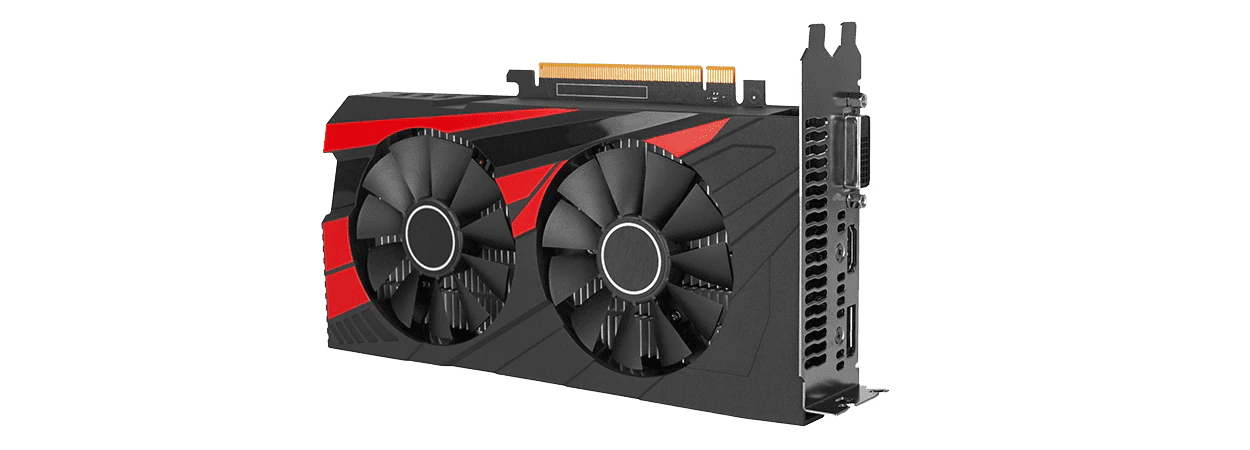
A graphics card is a very important component of your gaming PC build, as it is responsible for processing graphical data and rendering images on your monitor. It utilizes powerful processors, memory, and other components to create beautiful 3D visuals and intense gameplay. Without a graphics card, you will be unable to utilize high-definition graphics and experience the immersive world of gaming.
So if building a gaming PC is your goal, then make sure you invest in a top-quality graphics card!
What Can You Do Without a Graphics Card?
Are you interested in building your own gaming PC but don’t have the budget for a graphics card? While it’s true that having a dedicated graphics card will give you the best gaming experience, there are other options that can help you get started without breaking the bank. In this post, we’ll answer the question of whether or not it’s possible to build a gaming PC without a graphics card.
One option is to use integrated graphics, which comes on many processors released in recent years. Integrated graphics are not as powerful as dedicated graphics cards, so they’re limited in their graphical capabilities and performance. However, if you only need basic functionality for gaming purposes, such as indie games or casual games like Rocket League or Minecraft, then integrated graphics may suffice.
Another option is to use a budget-friendly GPU from AMD or Nvidia’s lower-end range of products; these offer considerable value for their price points and provide a significant boost to gaming performance compared to integrated graphics. These GPUs typically come with 2GB of video memory and can be found for as little as $300 USD.
Finally, if you’re feeling adventurous and have an extra monitor lying around, you can install two separate operating systems on your PC and use one dedicated solely to gaming while using the other OS with your existing motherboard settings (with integrated graphics). This way, when you play on the gaming OS, your hardware settings won’t affect your experience while using conventional programs which rely on those hardware settings on your main OS system.
Despite these alternatives, it remains true that having a dedicated GPU would be ideal – especially if you plan on playing more quantitative games with advanced shader models – in order to maximize graphical settings and provide smooth framerates at all times. Moreover, investing in a good GPU will future-proof your machine for years ahead. But until then – no worries! These outlined solutions should make sure that owning a polished gaming pc is achievable even without purchasing an expensive GPU!
What Are the Benefits of Having a Graphics Card?
Having a graphics card can provide many benefits for gamers, ranging from improved visuals and support for higher resolutions to better performance and an enhanced gaming experience overall. A dedicated graphics card is essential for most advanced 3D visuals and tasks, such as playing games in high resolution with advanced graphical settings.
With a modern gaming graphics card, you’ll be able to maximize the visual potential of your games; giving you beautiful lighting, textures, and smooth edges when playing the most demanding titles. Additionally, having an up-to-date GPU will improve your gaming performance. Modern GPUs are optimized to provide the best performance possible when running intensive games where the CPU can become overburdened. This means you get to make the most out of your PC even when pushing it to its limits!
What Are the Alternatives to a Graphics Card?
When it comes to building a gaming PC, one of the most important components you need to choose is the graphics card. But can you build a gaming PC without a graphics card? While it is possible to do so, there are some drawbacks that should be noted before proceeding. We’ll explore some of the alternatives, as well as their respective pros and cons.
Check out Types of Graphics Card
Integrated Graphics
One option you have is to use an integrated graphics card instead of a dedicated one; this means your CPU will contain the graphics capabilities or have them onboard. Integrated cards are often cheaper and don’t need as much power, but they may not be powerful enough for high-end gaming or video editing workloads.
External Graphics Cards
If your budget doesn’t allow purchasing an internal graphics card, you can use an external graphics card through a Thunderbolt port or USB connection. This requires additional hardware, such as external enclosures and cables, but is more expensive than integrated solutions. However, in return for added cost and hassle, you will be able to enjoy better performance – although never quite as good as if running a dedicated internal GPU.
Cloud Gaming
The third option for building a gaming PC without a graphics card is cloud gaming—also known as streaming services—which let gamers play high-end titles without needing any special equipment aside from connectivity to the internet. This would involve signing up for streaming services like PlayStation Now or Google Stadia, which have compatible games available on their platforms at no additional cost once you subscribe to premium plans.
What Are the Pros and Cons of Building a Gaming PC Without a Graphics Card?
Building a gaming PC without a graphics card can be a good option for those on a tight budget, but important factors must be taken into consideration. On the upside, not having to buy an expensive graphics card can free up funds for other components. It also requires considerably less effort to assemble, as most of the components are non-complex and do not need external power connections—which is good for beginners.
However, it’s important to remember that without a dedicated graphics card, your gaming experience will not be optimally enjoyable or even possible with some games. Graphics processing units (GPUs) are essential hardware components in ensuring high-quality gaming experiences; they are quicker and more powerful than integrated graphics cards found in processors. They also play an essential role in 4K resolutions, Virtual Reality (VR) gaming, and competitive gaming experiences – features that you won’t get with a processor’s integrated GPU. Additionally, the lack of dedicated RAM could further impede your performance if you opt to go without a GPU.
Ultimately, building a PC without a GPU is likely not going to give you all the power that comes with top-of-the-line cards like the NVIDIA GeForce RTX 20 series and up—but depending on your budget and what types of games you play, it could still enable satisfactory gameplay experiences.
Conclusion
In conclusion, building a gaming PC without a graphics card is not recommended. While it may be possible to get a gaming experience, your PC won’t be fully optimized, and you won’t experience the full power of modern games. Investing in a quality dedicated graphics card will ensure that you can enjoy the most advanced games on the market as well as provide superior performance for everyday computing tasks.
If you want to get the most out of your system, investing in a dedicated graphics card should definitely be part of your plan.

